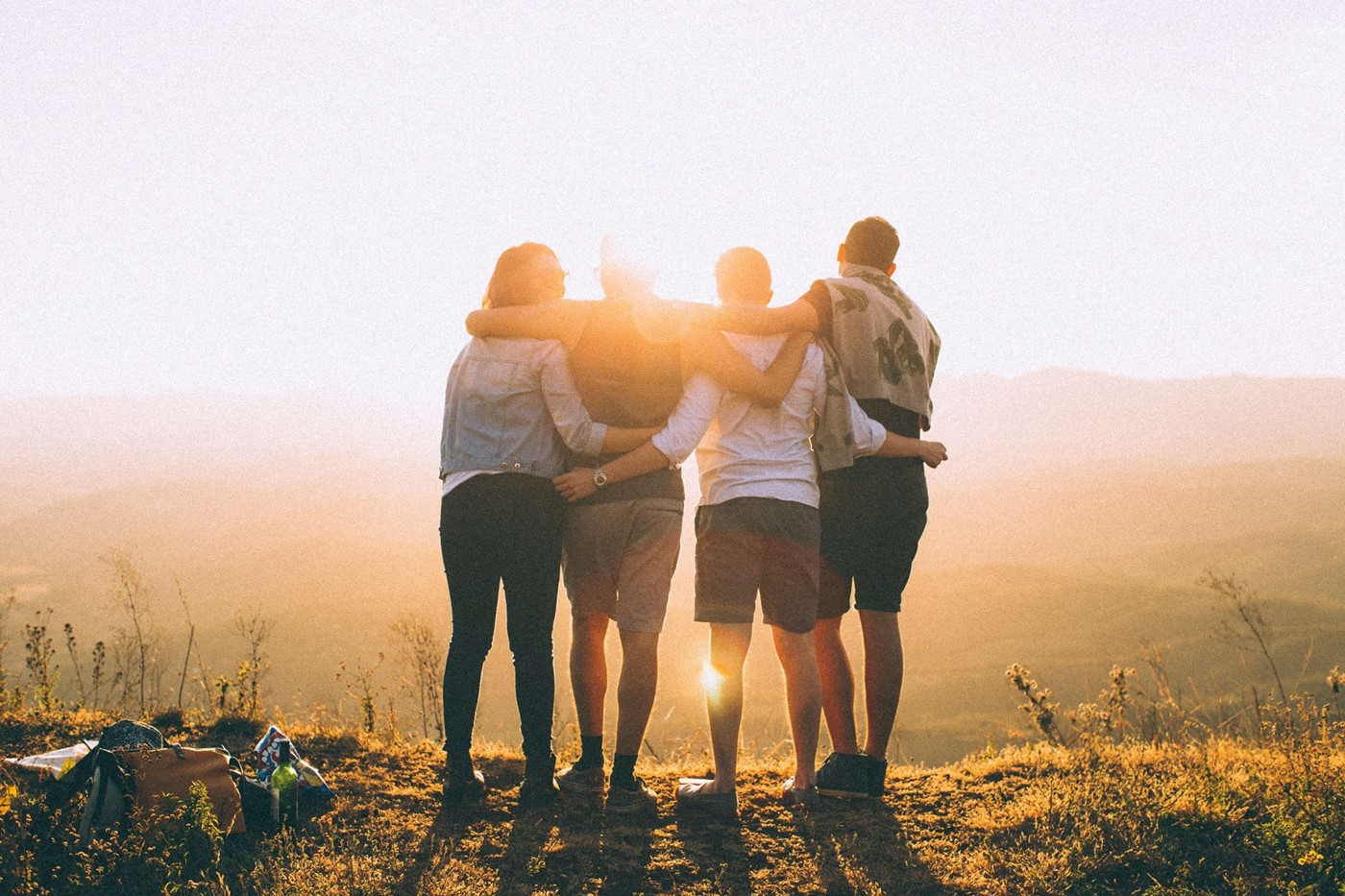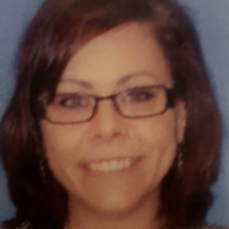Admission Line (866) 396-3655
National Recovery Month

September is National Recovery Month. Every year during this month, people come together to promote and support a strong recovery community for those recovering from substance abuse or addiction. This month is for spreading awareness of effective treatments and recognizing the dedication of service providers and community members who help people to reach a full recovery. It’s also a time for celebrating the achievements of those who’ve reached full recovery from substance addiction as well as those working toward recovery.
What Can You Gain From Recovery?
Recovering from substance abuse and addiction is a big achievement. It takes hard work and perseverance, but millions of people have done it. They’ve seen how happy and fulfilling their lives can be after becoming sober. Recovery allows them to set and accomplish lifelong goals. Recovery can also lead to more trusting and caring relationships, a rewarding career, better health, and a long and fulfilling life. Prior to recovery, many people feel like these things are out of reach, but with a little bit of effort and the right support systems, anyone can achieve all of these things.
What Does Success Look Like?
Often, people in recovery can make major progress when surrounded by other people who’ve been where they are. It’s important to see examples of people living healthy and happy lives after addiction because it gives people hope that they can do it too. Here are a few people who’ve dealt with substance abuse and addiction and who’ve put in the work to reach a full recovery:

Casey Mullen
Casey has been drug and alcohol-free for over 20 years. When Casey was 19 he was found carrying a large amount of cocaine with him at school. He was sentenced to 3-10 years in prison. He found recovery at the age of 21 and was able to graduate from law school at the top of his class. He now practices law in the same courtroom he was sentenced in.

Jenny C.
Jenny has been free from substance and alcohol abuse for five years. She spent most of her life in foster care, mental health institutions, and jails up until the age of 34. After going through a treatment program, Jenny was able to go to college. She became a forensic peer support specialist, Executive Director of a Recovery Community Organization, and a mother. She’s grateful for the blessings brought to her life by achieving a drug and alcohol-free life.
Tools to Support You In Recovery
Every person who’s reached a full recovery will tell you about the people and tools who helped them in their journey. Here are few tools to help you or a loved one in the recovery process:
Mindfulness
Many people with substance addictions are used to turning to drugs or alcohol to manage stress and other difficult emotions. Mindfulness is a useful tool for improving mental health and coping with difficult situations healthily. It gives people in recovery another option to turn to when they would typically turn to substance abuse.
There are many mindfulness techniques and different techniques will work for different people. Some mindfulness practices are informal, such as paying attention to your breath as you go through your day.
Journaling is an option that can be structured or unstructured. You can find mindfulness prompts to journal about or you can simply write about whatever is on your mind. The process of writing causes the brain to slow down, which brings a greater sense of your surroundings and feelings.
Walking meditation is another good option for someone who prefers activities that involve movement. This requires 10 or 20 feet of quiet space. To perform this activity, walk slowly across the space and pay attention to each sensation as you move. Think carefully about your breath and your movement through the space.
However, you choose to practice mindfulness, make it a habit and a priority. Successful people in recovery are typically experts in mindfulness because of how helpful it can be in breaking addictions and unhealthy habits.
Self-Care
Addiction recovery is all about replacing unhealthy habits with healthy habits. While in the early stages of recovery, it can feel uncomfortable to go without the substances that you’re used to. Prioritizing self-care can help you find other ways to feel good and remain substance-free.
Self-care includes things like taking care of your physical and mental health as well as doing the things that bring you joy. It can be hard to remember to take care of yourself, but it’s crucial during recovery. Try using a self-care checklist until you’re able to form long-term self-care habits.
Recovery Meetings
Recovery meetings are a key part of the recovery process. These meetings help people build community with others who’ve been in similar circumstances. Research shows that peer support is essential to successful recovery from addiction and those with a strong sense of community are less likely to relapse.
Every recovery meeting is different. It can take some time to check out a few meetings and see which one is the best fit. It’s important to find a group that fits because the people you meet there will be an important support system throughout the entire recovery process.
Treatment and Recovery Centers
Treatment and recovery centers offer total support to people in the earliest stages of recovery. These stages are often the hardest, so working with trained professionals can be a vital resource. Recovery centers do more than just help people break their addictions. They also help people rebuild their lives and form habits that will keep them from relapsing.
If you or a loved one is struggling with substance abuse and addiction, reach out to a provider to discuss the best treatment options.
